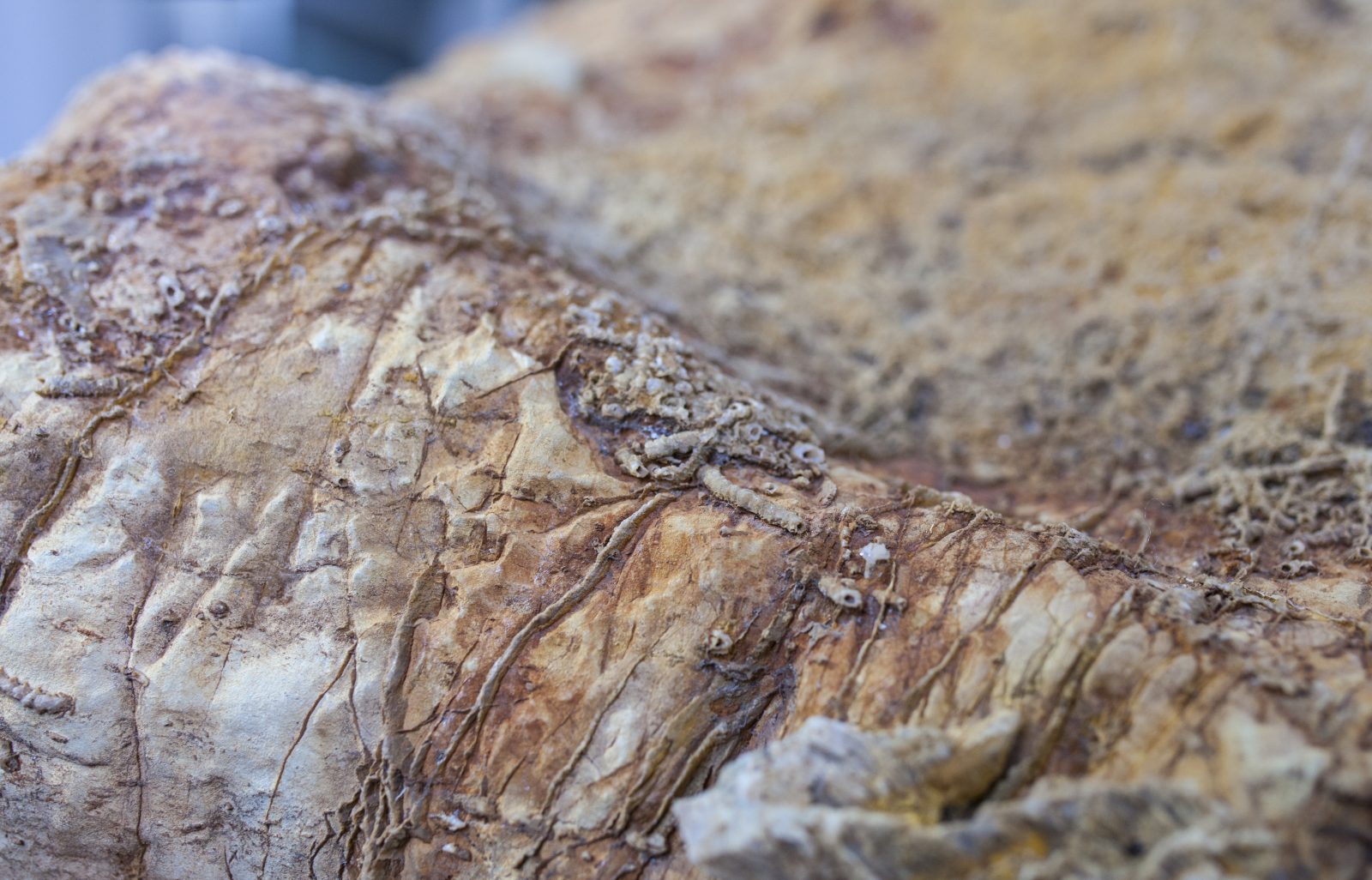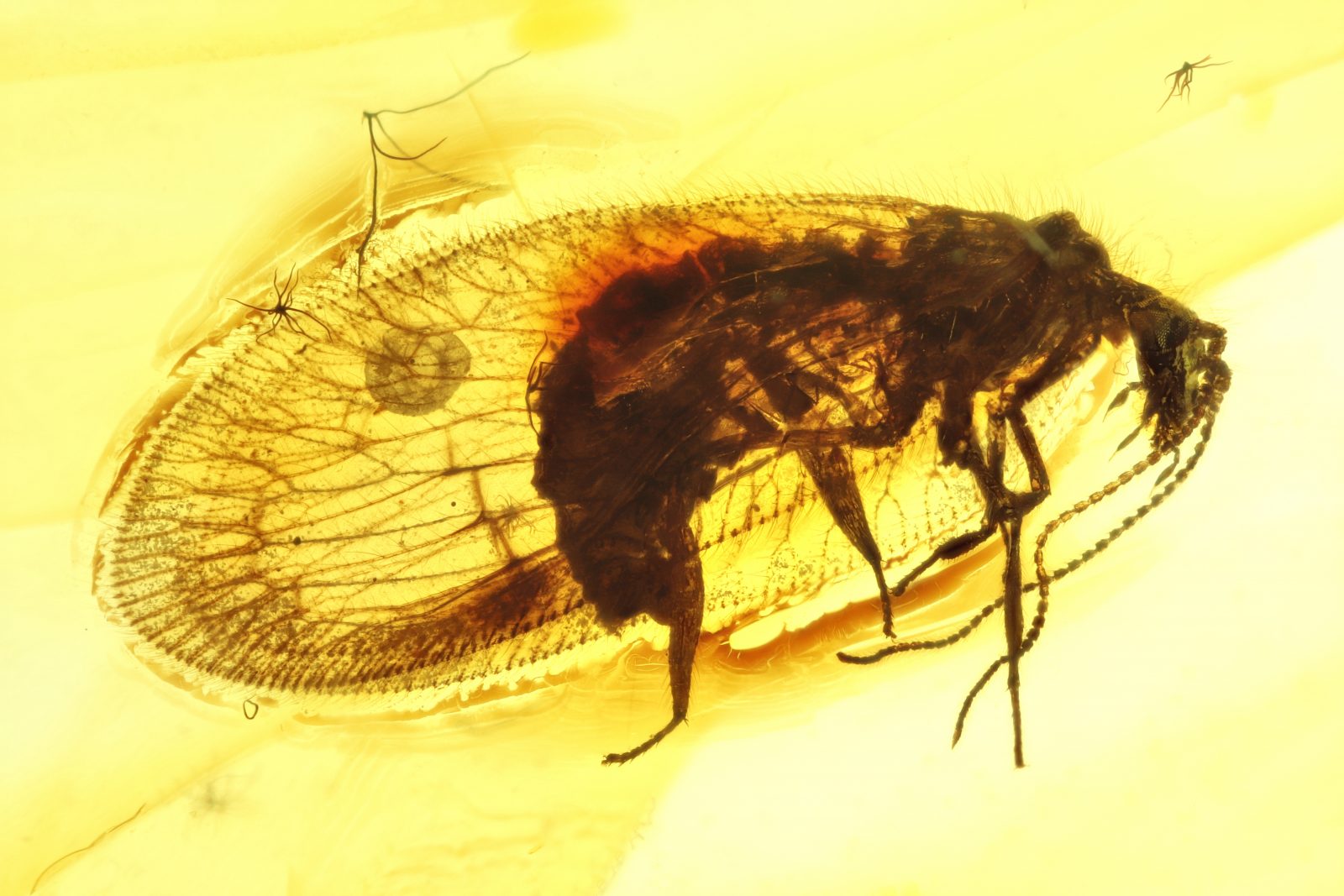
Casey Luskin: Biogeography Is No Friend of Common Descent
On this ID the Future, geologist Casey Luskin discusses biogeography and the problems it poses for the idea of universal common descent. To make it work, evolutionists have to propose, for instance, that old world monkeys rafted across the Atlantic from Africa to South America on a natural raft. Really? That’s some raft. And how did the monkeys not starve to death? Or die of thirst? They couldn’t drink salty ocean water, after all. And talk about a genetic bottleneck! That’s just one of several problems Luskin raises with the idea that all species gradually evolved from a universal common ancestor. In his conversation with host Emily Reeves, he also touches on the problem of convergence, as when two creatures that are, at best, only very distantly related, nevertheless share a major common feature, such as humans and octopuses both having camera eyes. But evolutionists acknowledge that the putative common ancestor of humans and octopuses didn’t even have eyes, meaning the evolutionists must hold to the view that this very specific marvel of optical engineering just happened to evolve twice. Luskin notes that this example of convergence is just one of countless such instances. In each case, evolutionists find ways to explain the problem away, but Luskin compares these ad hoc patches to the epicycles that Renaissance-era proponents of an Earth-centered model of the solar system kept introducing to explain away the growing body of astronomical evidence that ran contrary to their geocentric theory. When your theory gets messier and messier to account for new data, Luskin argues, maybe it’s time to step back from the theory and consider other possibilities. The alternative he favors: common design. The occasion for this conversation is Luskin’s chapter on biogeography and evolution in the recent anthology from Harvest House Publishers, The Comprehensive Guide to Science and Faith: Exploring the Ultimate Questions about Life and the Cosmos.







